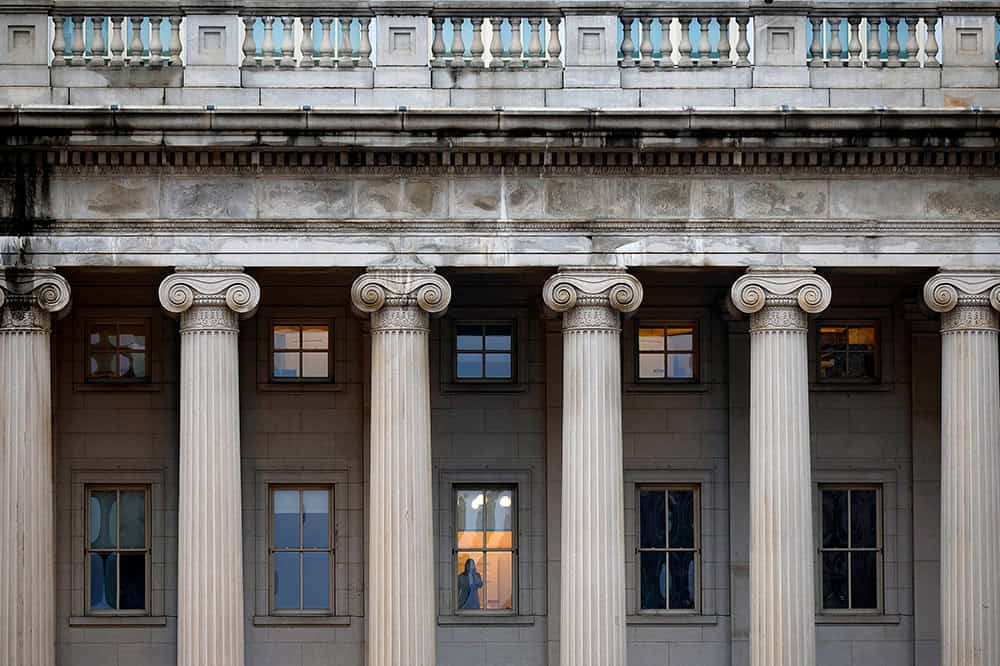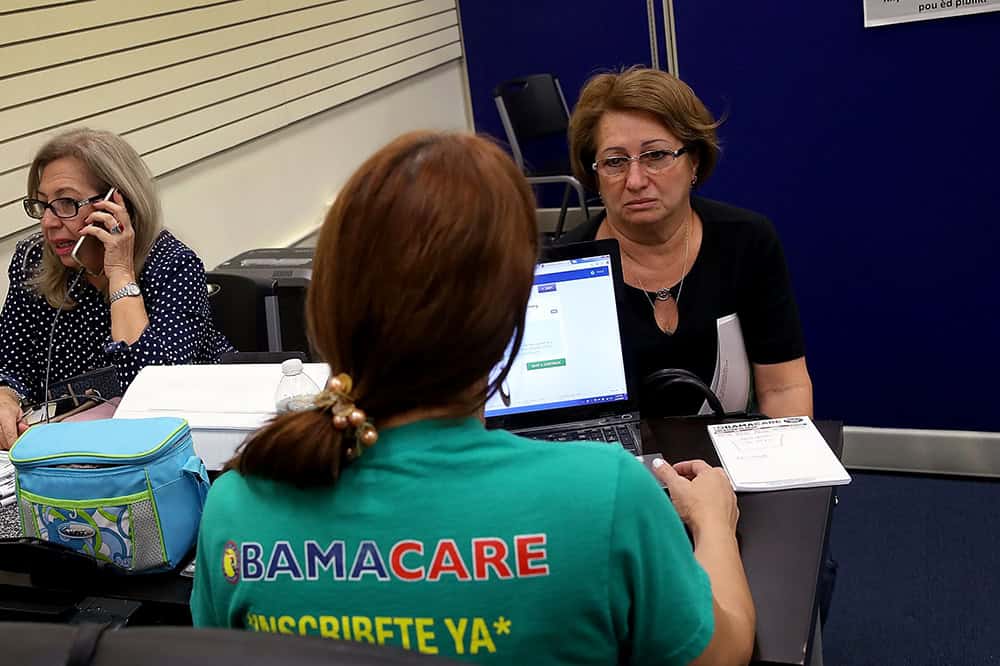Peterson Foundation Statement on Fed Action

NEW YORK — Michael A. Peterson, CEO of the Peter G. Peterson Foundation, commented today as the Federal Reserve announced an increase in the federal funds rate and updated the Summary of Economic Projections. Peterson said:
“Today’s Fed action is an important reminder that interest rates do not remain low forever, and have significant implications for our national debt. In addition to today’s immediate increase in the federal funds rate, the committee members forecasted an accelerated pace of additional future rate hikes.
“Higher interest rates mean higher interest costs, and that’s a problem when you have a pre-existing condition of growing debt and deficits like we do in the United States. Not only do we have an existing $30 trillion in national debt, but the Congressional Budget Office projects that we will borrow a staggering $45 trillion more over the next 20 years.
“As we dug this fiscal hole, those calling for less worry about the debt relied on low interest rates as their North Star of fiscal stewardship. They used low current rates as a convenient reason to defer hard choices, arguing that the favorable rate must mean our fiscal house is in order. Assuming perpetually low interest rates to justify a long-term fiscal strategy, or lack thereof, was as irresponsible as it was unlikely.
“CBO has projected that interest payments will nearly triple over the next decade. If the average Treasury rate becomes just one percentage point higher than CBO anticipated, interest payments would increase by nearly $2 trillion over 10 years. This would mean fewer resources available for important national priorities.
“When you are a serial borrower like the US, the current rate is not the whole story because you will have no choice but to refinance at whatever the future rate happens to be at maturity. And the US is borrowing primarily for immediate consumption, not investment, which creates a burden on our kids because we pass them the bill without generating any future return.
“The Fed’s new posture is essential to taming inflation, as Americans are under tremendous strain due to rapidly growing day-to-day living costs. Fiscal and monetary policy work best when they work together, so lawmakers have a critical responsibility to manage our budget in a way that reflects the realities of our fiscal and economic condition.
“If we have learned anything in the last two years, it’s the benefit of preparedness and having fiscal strength in times of crises. Let’s use this new era of rising interest rates as a warning sign for our fiscal outlook, and a motivational reminder of the uniquely American ideal of taking action for the benefit of future generations.”
# # #
Further Reading
The Debt Ceiling Will Be Reinstated on January 1 — Here’s What’s at Stake
One of the first, and most consequential, decisions facing newly elected lawmakers will be what to do with the debt ceiling.
How Does Student Debt Affect the Economy?
As overall student debt has grown over the past decade, it is apparent that such borrowing can place a financial burden on households.
How Does the Federal Government Subsidize Healthcare Under the ACA — and What Does It Cost?
In 2025, the expansions of the premium tax credit under the Affordable Care Act will expire, and lawmakers will have to decide whether to extend them.


